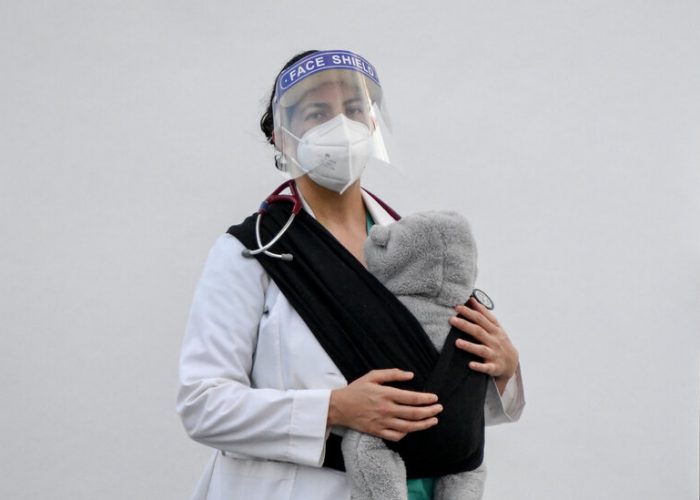When I spoke to Dr. Stephanie Whitener, 41, an anesthesia critical care physician and mother of two, the parent-teacher organization at her sons elementary school was planning an in-person happy hour for teachers. I spent yesterday trying to rally all the parents I knew in health care to stop it, because of the risk to them, and also to in-person learning, said Dr. Whitener, who lives in Charleston, S.C.
Though they did end up canceling the happy hour, it feels like I live in two different realities, she said, one where people take the virus seriously, and another where they dont. That dichotomy can make the emotional and psychological toll of treating Covid-19 patients even harder to bear.
As this strange and difficult year draws to a close, I wanted to highlight the experiences of parents who are medical workers and thank them for their service. Like so many other essential workers, they have put their physical and mental well-being on the line in 2020 to do their jobs. These frontline workers are at greater risk for burnout and PTSD than the general population. Some have been separated from their children for weeks at a time, communicating only on Zoom.
Like all parents, theyre worried about their own kids, socially, academically and emotionally while also fretting about the children who are falling behind in school because of the barriers to remote learning, and who may be grieving over family members lost to the virus. And even after more than 300,000 deaths in the United States alone, some health care workers are still trying to convince their communities that the virus is a real threat.read more
Moms on the Frontlines


